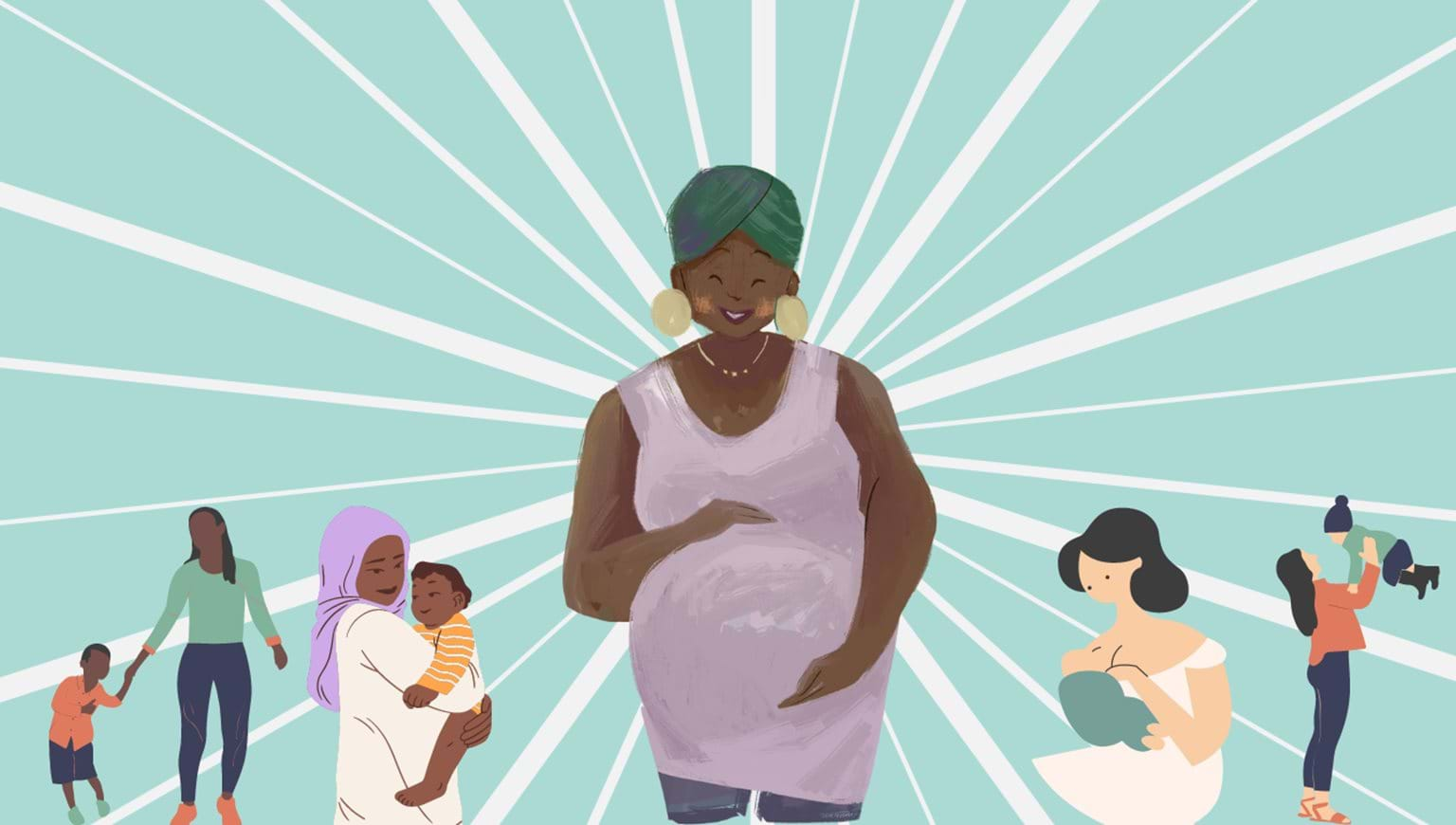News
Racism in Obstetrics and Gynaecology
05 June 2023
Over the past few years there has been a heightened awareness of racial disparity in maternity care provided by developed nations. Despite this awareness, disparate care continues to occur and even grow in some regions. Recent literature on the topic shows that the underlying issues point to either explicit or implicit racism.

Over the past few years there has been a heightened awareness of racial disparity in maternity care provided by developed nations. Despite this awareness, disparate care continues to occur and even grow in some regions. Recent literature on the topic shows that the underlying issues point to either explicit or implicit racism.
“Racism is defined as behavior, attitudes, and actions that reflect the belief that racial differences produce an inherent superiority of a particular race as well as the systemic oppression of a racial group to the social economic and political advantage of another. Racism, not race, drives health inequities, and leads to adverse health outcomes.”1
When caring for patients, it is important for providers to know that “race is a social category, not a biological or genetic condition that elevates risk for certain diagnoses and health disparities.”1
While we would like to think that recent focus has increased awareness, “racism has been and continues to be systemically embedded into our society and the practice of medicine. Racial health inequities are the result of the upstream and downstream impacts of systemic racism on the lives, health and wellbeing of Black, Indigenous, Hispanic/Latino, Asian, Native Hawaiians, Pacific Islanders and other historically marginalized populations. Furthermore, intersections of other identities such as gender, sexuality, ability, religion, and others can further influence and multiply the impacts of racism on individuals and communities.”1
The American College of Obstetrics and Gynecologists released a statement of policy related to racism as it relates to care of the birthing family. In this statement, they reiterate that “racial and ethnic inequities in obstetrics and gynecology cannot be reversed without addressing all aspects of racism and racial bias, including sociopolitical forces that perpetuate racism. The actualization of an equitable health care system which serves all people can only occur through acknowledgement of the historical context from which modern health inequities grew, including reproductive injustices.”1
Mirroring what has been highlighted in the USA, a 2022 inquiry into maternity care in the UK “uncovered how systemic racism within maternity care – from individual interactions and workforce culture through to curriculums and policies – can have a deep and devastating impact on basic rights in childbirth.
The subsequent findings showed that Black, Brown and mixed ethnicity women and birthing people often felt unsafe, were ignored and disbelieved, were subject to racism by caregivers, were not given a proper choice or the means to give true informed consent, and were subject to coercion from caregivers, were regularly dehumanised and were disproportionately affected by structural barriers to care.”2
The conclusion of the UK inquiry calls for an “urgent and immediate action from all parts of the maternity system, including the implementation of… Universal Recommendations including:
- Commit to being anti-racist
- Decolonise maternity curriculums and guidance
- Make Black and Brown women the decision makers in their care and in the wider maternity system
- Create safe, inclusive workforce cultures
- Dismantle structural barriers to racial equity through national policy change”2
“Responding to the report, Dr Edward Morris, President of the Royal College of Obstetricians and Gynaecologists, said:
‘This report by Birthrights makes for powerful and upsetting reading and demonstrates just how far we still have to go to ensuring everyone needing maternity care can access it, is listened to, and feels safe… these findings show how challenges facing the maternity system, including workforce shortages and a lack of long-term consistent investment, can combine with systemic racism and structural barriers and leave women from minority ethnic backgrounds at increased risk and feeling unsafe during their maternity care."3
Likewise, the ACOG policy statement concludes that all those involved in maternity care “have an obligation to work to overhaul currently unjust systems that perpetuate unacceptable racial inequities in health outcomes. As the premier organization for obstetrician-gynecologists, the American College of Obstetricians and Gynecologists is committed to eliminating racism and racial inequities that lead to disparate health outcomes through deep reflection, listening, accountability, collaboration, and direct action."1
At Limbs & Things, we fully support cultural diversity training by offering most of our trainers in both light and dark skin tones. We encourage simulation centers to diversify their inventory to include task trainers that enable scenarios to include specific health concerns that face Black, Indigenous, Hispanic/Latino, Asian, Native Hawaiians, Pacific Islanders, and other historically marginalized populations.


